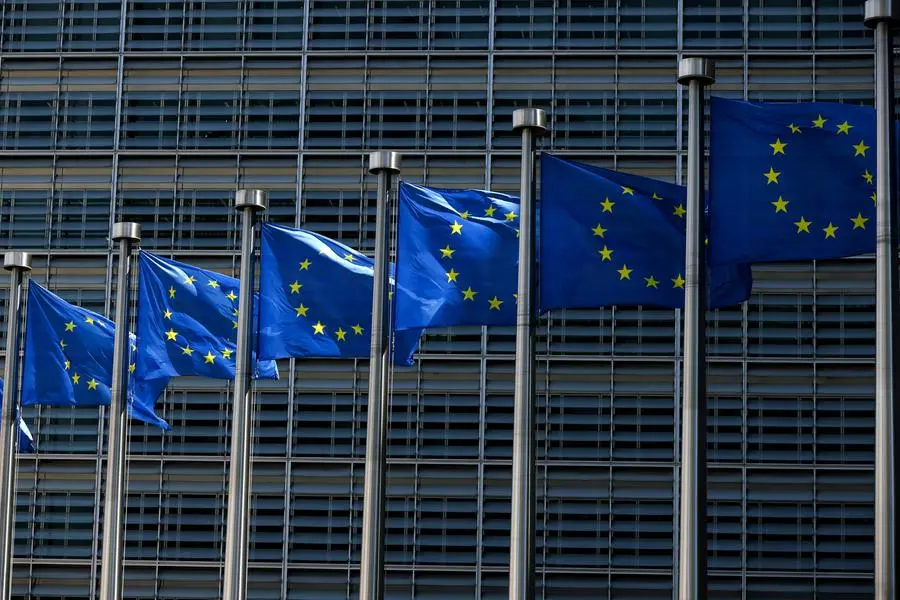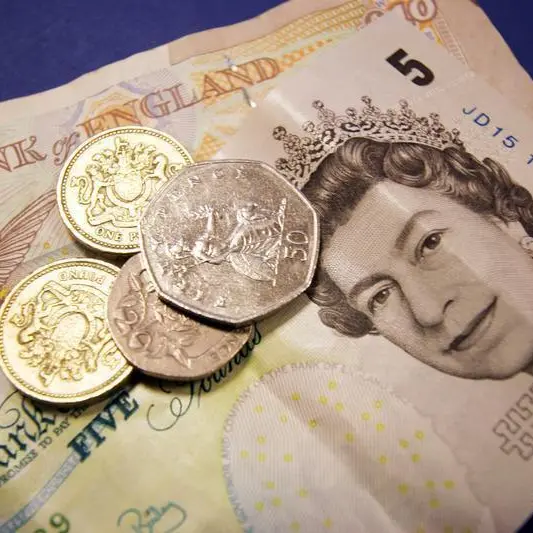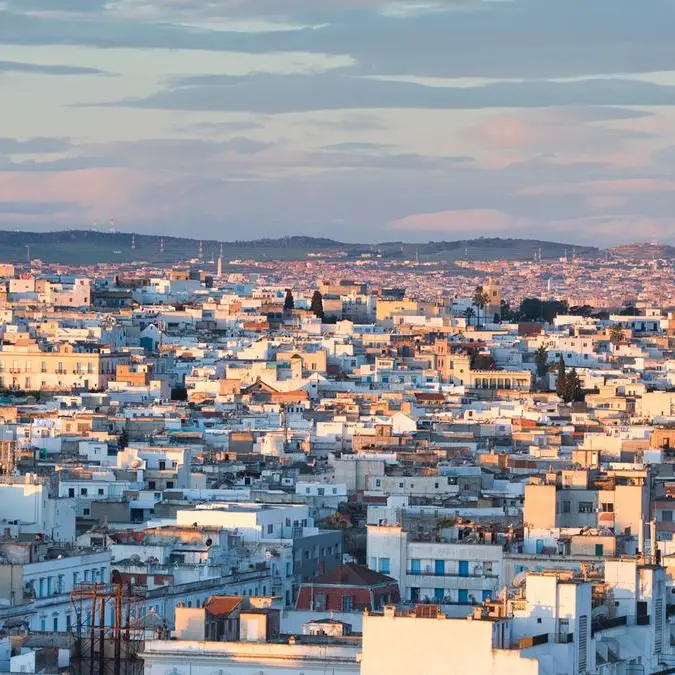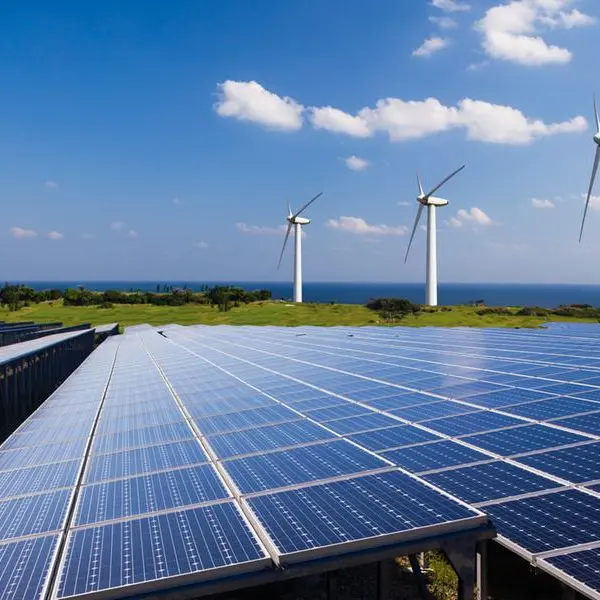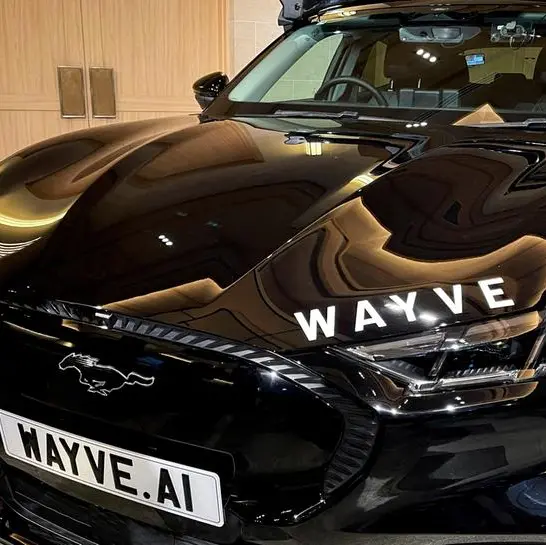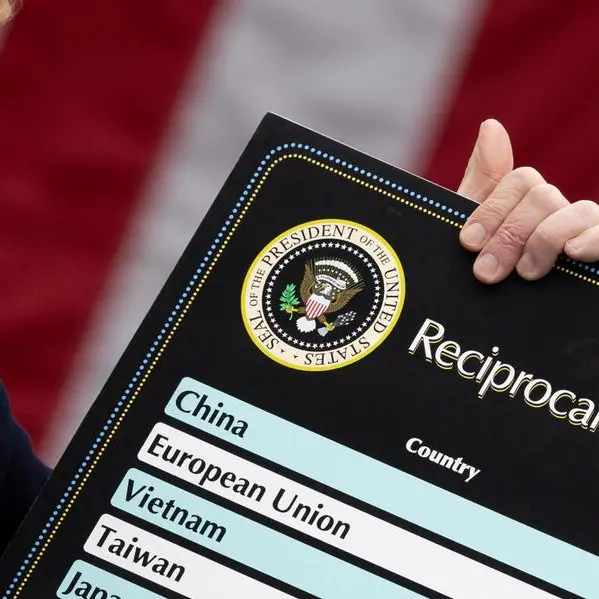PHOTO
When will the European Union be ready for its next wave of new arrivals, and how far will Brussels go to change its own rules in order to function with up to 35 member states?
Leaders of the 27 EU member states cautiously opened the debate on Friday at a summit in Granada, conscious of the weight of expectation in hopefuls like war-torn Ukraine.
"What kind of enlargement do we need? Is it everyone on the same tempo?" pondered Spain's Prime Minister Pedro Sanchez, host of Friday's EU leaders' summit.
On the face of it, it's a daunting challenge for the aspirants.
Ukraine is battling a Russian invasion, while trying to race through the required reforms. Moldova and Georgia are partly occupied by Russian troops holding breakaway regions.
Countries in the western Balkans, long in the waiting room, have made progress in fighting corruption and securing the rule of law -- but still face scepticism in Western capitals.
Meanwhile, the EU itself faces problems coordinating its existing 27 members, with populist governments in Poland and Hungary constantly clashing with Brussels.
- Exposed in the East -
The Russian invasion of Ukraine has focused minds, however. Even capitals once sceptical of further arrivals can see the danger of leaving European neighbours out in the cold.
Enlargement will be at the core of the EU summit on December 14 and 15 in Brussels, by which time the European Commission will have submitted reports on Ukraine and Moldova's bids.
One of the converts to the idea of a wider union was France's President Emmanuel Macron.
"We are convinced we need to move much faster," Macron told reporters after Friday's summit. "I am very keen to see us setting an ambitious and specific objective."
"There is an emerging consensus that we are facing a real transformation ... in our geopolitical vision of Europe," he said.
"We need to be really innovative, and some of us have proposed a new way, a new ambition for enlargement."
Germany's Chancellor Olaf Scholz stressed it was important that the EU take more decisions by majority vote, rather than allowing lone members a veto in key policy areas.
But he was otherwise positive.
"I am personally convinced that enlargement is good for our Europe and that, first and foremost, countries of the Western Balkans must have a good perspective," he said.
European Council president Charles Michel caused a stir when Brussels returned to work after the summer break by calling for the EU to be ready to expand by 2030.
Naming a date upset his European Commission counterpart Ursula von der Leyen, whose officials are in charge of evaluating the candidate states' progress in meeting membership criteria.
She and several EU leaders were quick to insist that accession should be "conditions-based" -- the new members must have completed a defined series of governing reform.
- Ukraine's vast farms -
Michel acknowledged some leaders were reluctant to fix a deadline, but insisted that what was important "was to end the procrastinating" in the face of Russia's war.
But behind the formal checklist, there are huge political and economic issues that will challenge how the EU sees itself as much as the aspirant governments.
Ukraine has a population of more than 40 million and a huge agricultural sector.
Under current rules it would eat up a huge proportion of the farm subsidy budget and, given its relative poverty, could become the only member to be a net winner from the EU budget.
According to a French and German official report published three weeks ago, the EU will have to reform its own governance by 2030 to avoid paralysis.
"For geopolitical reasons, EU enlargement has a good place on the priority list, but the EU in not in a position to welcome new members, neither economically or politically," it said.
